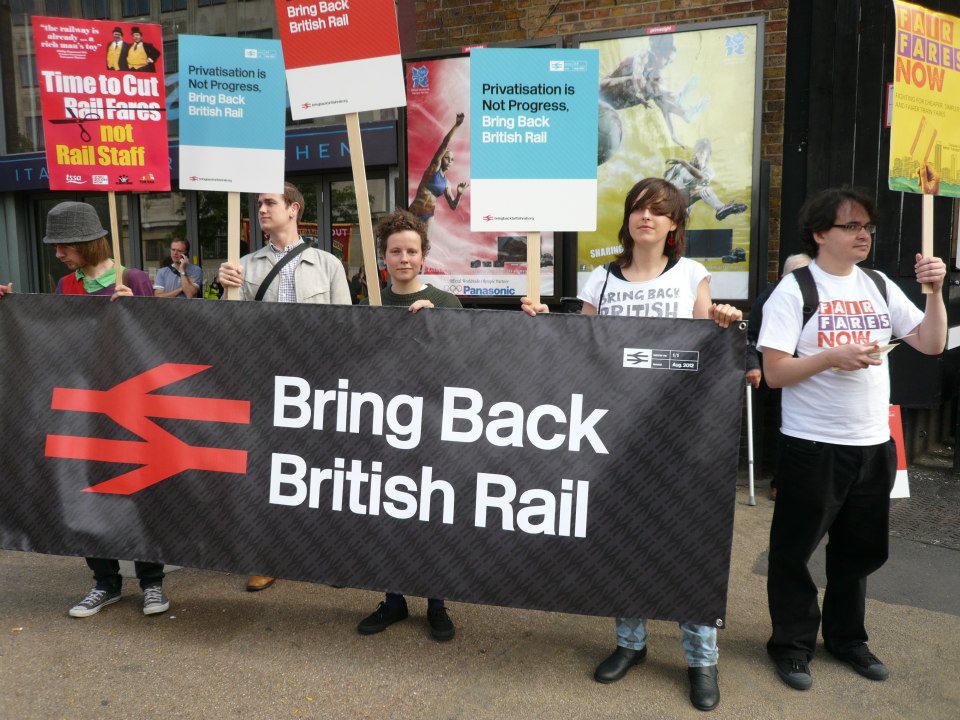Sam
TS Member
DiogoJ42 said:Since when are you a supporter of capitalism, Sam? Money should not come in to it at all. It should be about providing the best service possible, not who can slip the government the biggest bribe.
Bring back BR tbh.
This is a complete misrepresentation of the process.
Them paying the government isn't a 'bribe'. Part of the idea is that the franchised train companies pay for the rights to make a profit on the infrastructure that's been paid for by the taxpayer. First want to give the government more money than Virgin, this should be a win for all of us as taxpayers. More money in the public pot.
If money wasn't involved, and we just let whoever would provide the best service run their trains on the network, and make profit for themselves, the companies would be getting an easy ride. They'd be making huge profits on the track that's been paid for by the nation. The companies must repay us for the money we've put into the network!
By the way, this is all within the logic of the current system. You're right Diogo, I think British Rail should be brought back and trains re-nationalised. Even though I believe that, I still think that while we have the current privatised system, the government should give the contract to the company providing best value for the taxpayer. It's the lesser of two evils. I'm against the system as a whole, but if we have it, it might as well be functioning as best it possibly can.


